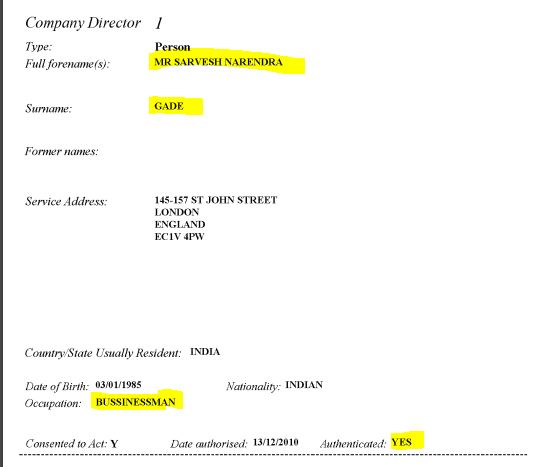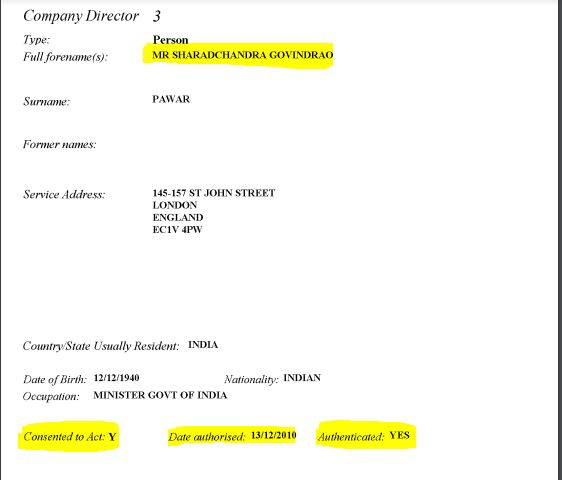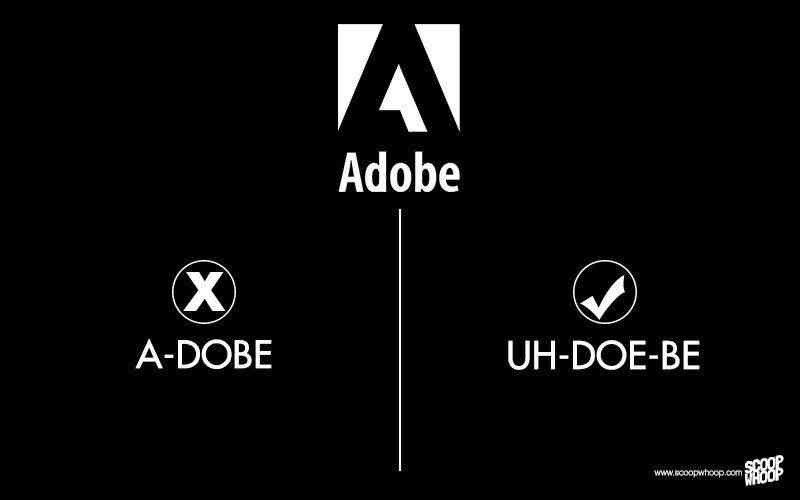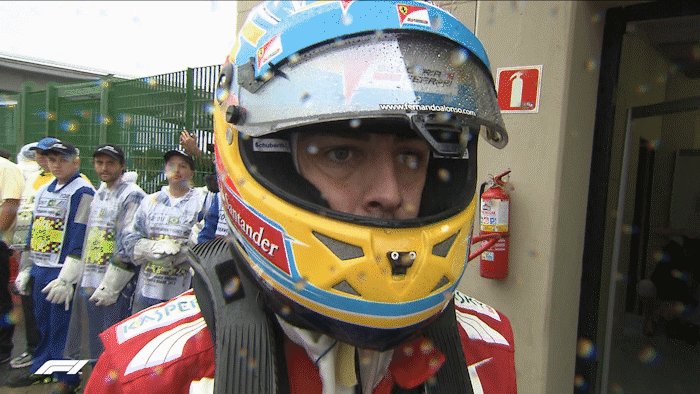Entrepreneur\u2019s mind.
— James Clear (@JamesClear) August 22, 2020
Athlete\u2019s body.
Artist\u2019s soul.
My top 10 tweets of the year
A thread 👇
When you choose who to follow on Twitter, you are choosing your future thoughts.
— James Clear (@JamesClear) October 3, 2020
Working on a problem reduces the fear of it.
— James Clear (@JamesClear) August 30, 2020
It\u2019s hard to fear a problem when you are making progress on it\u2014even if progress is imperfect and slow.
Action relieves anxiety.
We often avoid taking action because we think "I need to learn more," but the best way to learn is often by taking action.
— James Clear (@JamesClear) September 23, 2020
It took me...
— James Clear (@JamesClear) November 11, 2020
200+ articles before I got a book deal.
250+ articles before I got major media coverage (NYT).
100+ interviews before my book hit the bestseller list.
You need a lot of shots on goal. Not everything will work, but some of it will.
Keep shooting.
Lack of confidence kills more dreams than lack of ability.
— James Clear (@JamesClear) July 9, 2020
Talent matters\u2014especially at elite levels\u2014but people talk themselves out of giving their best effort long before talent becomes the limiting factor.
You're capable of more than you know. Don't be your own bottleneck.
What looks like talent is often careful preparation.
— James Clear (@JamesClear) July 18, 2020
What looks like skill is often persistent revision.
Be \u201cselectively ignorant.\u201d
— James Clear (@JamesClear) May 28, 2020
Ignore topics that drain your attention.
Unfollow people that drain your energy.
Abandon projects that drain your time.
Do not keep up with it all. The more selectively ignorant you become, the more broadly knowledgable you can be.
Not taking things personally is a superpower.
— James Clear (@JamesClear) January 11, 2020
There are 3 primary drivers of results in life:
— James Clear (@JamesClear) January 16, 2020
1) Your luck (randomness).
2) Your strategy (choices).
3) Your actions (habits).
Only 2 of the 3 are under your control.
But if you master those 2, you can improve the odds that luck will work for you rather than against you.
Each week, I send out 3 short ideas from me, 2 quotes from others, and 1 question to ponder. Over 1 million people subscribe.
Click the link below to sign up:
https://t.co/lTqhlGhlpU
More from Business
I wonder how much came from the
Funny, this transfer of wealth from the poor citizens to the rich billionaires aided by lockdowns and tyrannical governors wasnt just isolated to America. Australia billionaires seemed to amass much wealth during a time record number of businesses
AUSTRALIA: Country's billionaires are over 50% richer than they were this time last year, according to data from Bloomberg Billionaires Index.
— The Spectator Index (@spectatorindex) December 30, 2020























